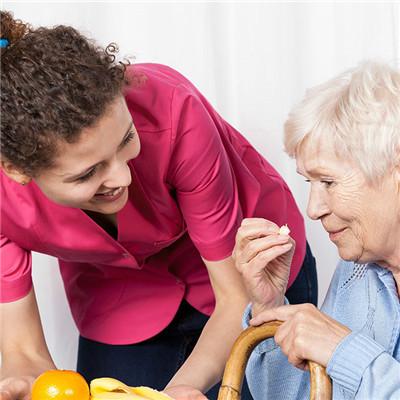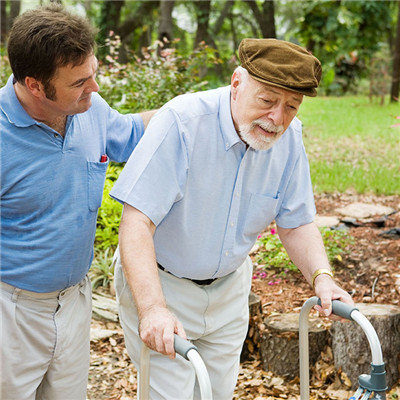What is Parkinson's syndrome
summary
My grandfather walks very slowly, and he says he's always out of shape. Because it's easy to get sick when I'm older, I took my grandfather to have an examination. The doctor said that my grandfather belongs to Parkinson's syndrome. Next, I'll tell you what Parkinson's syndrome is?
What is Parkinson's syndrome
First: Parkinson's syndrome is a common diagnostic concept of neurologists in clinic. It refers to a group of clinical symptoms mainly caused by bradykinesia due to various reasons (cerebrovascular disease, cerebral arteriosclerosis, infection, poisoning, trauma, drugs and genetic degeneration, etc.), mainly manifested as tremor, muscle stiffness, bradykinesia and postural instability. It includes primary Parkinson's disease, Parkinson's superposition syndrome, secondary Parkinson's syndrome and hereditary degenerative Parkinson's syndrome.

Second, the most common cause of Parkinson's syndrome is primary Parkinson's disease, which is caused by substantia nigra striatum degeneration and significant reduction of dopamine content in the brain. It is effective in the treatment of levodopa, accounting for about 80% of Parkinson's syndrome. Parkinson's superposition syndrome is similar to Parkinson's disease, but it has severe degree, wide lesion and poor response to levodopa treatment, including multiple system atrophy (MSA), progressive supranuclear palsy (PSP), cortical basal ganglia degeneration (CBD) and Lewy body dementia (DLB).

Third: secondary Parkinson's syndrome is caused by drugs, infection, poisoning, stroke, trauma and other clear causes. Nerve stabilizers (phenothiazines and butyrylbenzenes) used in the treatment of mental diseases are the most common pathogenic drugs. Hereditary Parkinson's syndrome can be seen in Wilson's disease, Fahr's disease, dopa responsive dystonia (DRD), etc.

matters needing attention
Generally speaking, Parkinson's syndrome is a very common disease, patients after the disease will appear some abnormalities. For example, slow action, and then serious patients will often tremor, the body is also very stiff. Therefore, patients with Parkinson's syndrome must be given careful care.










